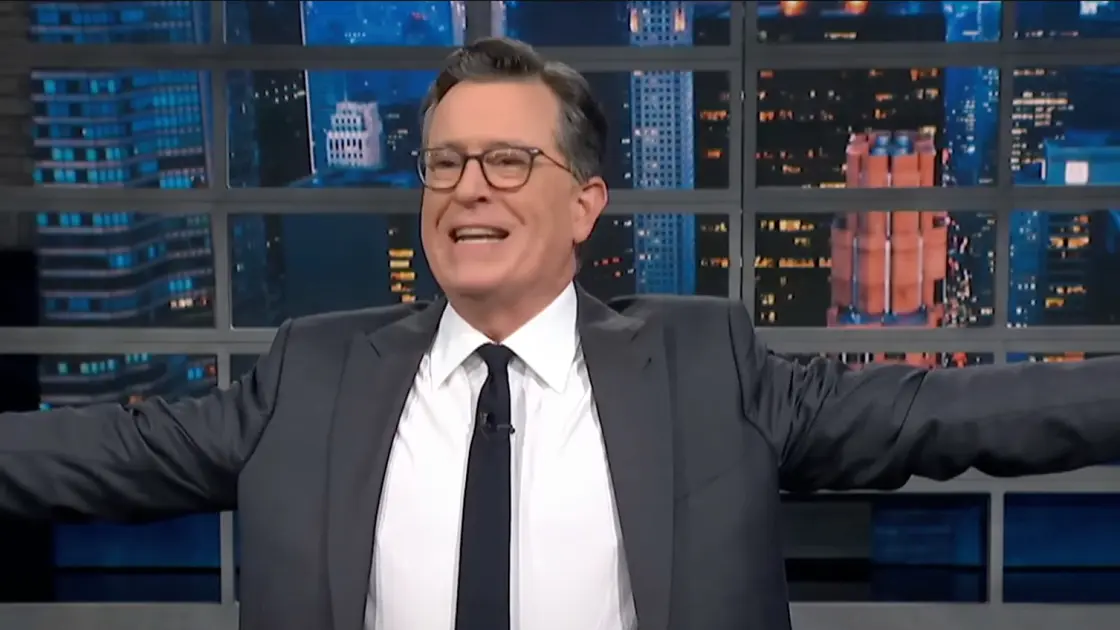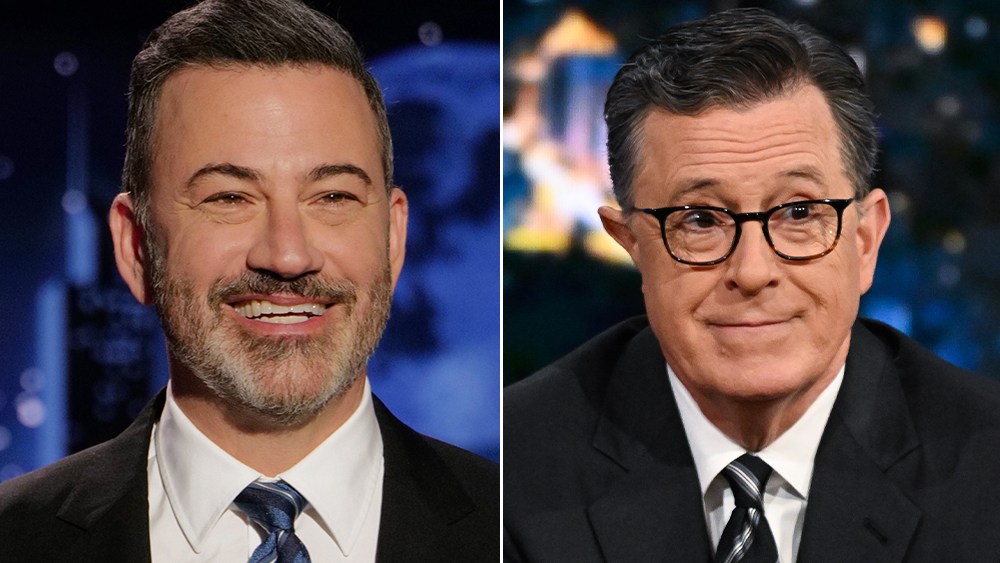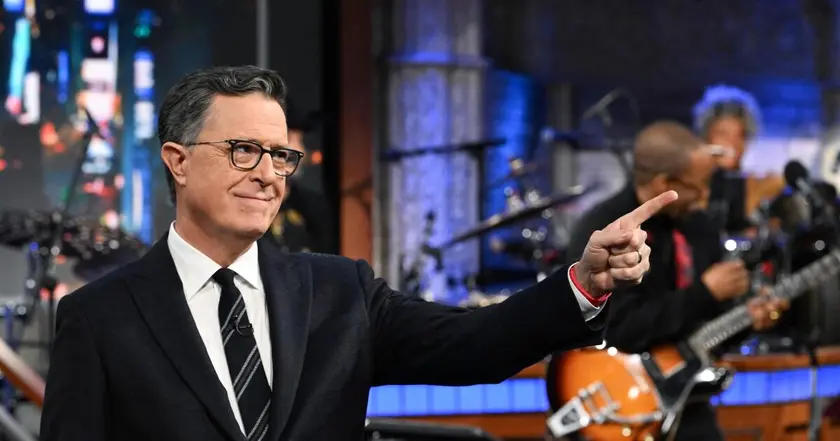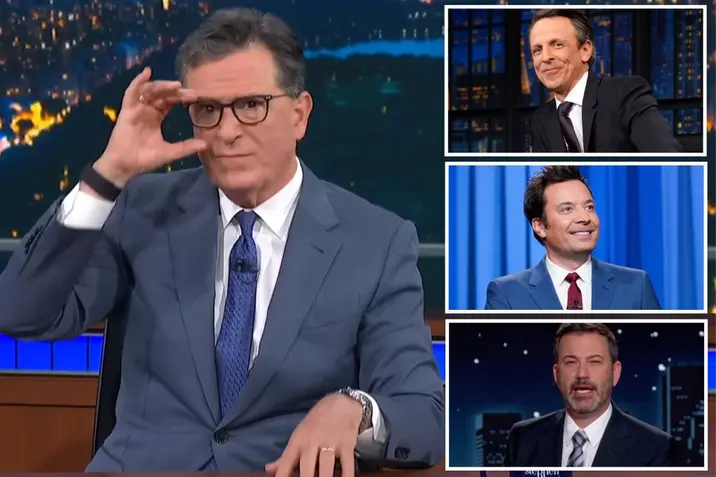T4K3.news
Kimmel disputes Colbert loss claim
Kimmel tells Variety the 40 million annual loss claim is misleading and defends late-night economics.

An editorial look at Jimmy Kimmel's push back against the report that Colbert's show loses 40 million dollars a year, and what this reveals about how late night TV is analyzed.
Kimmel Denies Late Night Loss Claim
Jimmy Kimmel sat for a wide interview with Variety in mid July, soon after Emmy nominations were announced for his own show and others. The talk shifted from personal accolades to industry economics as he challenged a prevalent narrative about Stephen Colbert's Late Show and its finances. Kimmel argues that the figure of a 40 million dollar yearly loss is not credible, pointing to the hidden value of affiliate fees and the broader economics of television that are too often ignored by insiders.
Key Takeaways
"There’s not a snowball’s chance in hell that that’s accurate."
Kimmel disputing the loss figure.
"The idea that Stephen Colbert’s show was losing forty million a year is nonsensical."
Direct response to the financial claim.
"Awards don’t mean much, but every once in a while they do."
Comment on Emmy nominations.
"One of the founding principles of this country was free speech."
Free speech remark tied to media debates.
The exchange reveals how veteran late night figures frame industry health in broader terms than raw ad revenue. Kimmel pushes back against a narrow focus on advertising, highlighting affiliate fees and multi‑platform viewership as part of a more complex picture. The interview also threads political sentiment through media economics, underscoring how public perception and political context shape the narrative around late night right now.
Highlights
- There’s not a snowball’s chance in hell that that’s accurate.
- The idea that Stephen Colbert’s show was losing forty million a year is nonsensical.
- Awards don’t mean much, but every once in a while they do.
- One of the founding principles of this country was free speech.
Financial and political sensitivity around late-night finances
The interview engages with unverified budget figures and political context that could spark misinterpretation or backlash among viewers, advertisers, and industry insiders. The discussion sits at the intersection of media economics and political discourse, increasing the risk of miscommunication.
The late night landscape remains unsettled as business models evolve and public discussion keeps shifting.
Enjoyed this? Let your friends know!
Related News

Late Show ending in 2026

Kimmel Defends Colbert Late Night TV

Stephen Colbert discusses Late Show cancelation

Trump Criticizes Late Night Hosts Amid Show Cancellations

Late-night TV faces a big change

CBS terminates The Late Show with Stephen Colbert

CBS cancels Stephen Colbert's Late Show amid controversy

Stephen Colbert fiercely responds to Trump
